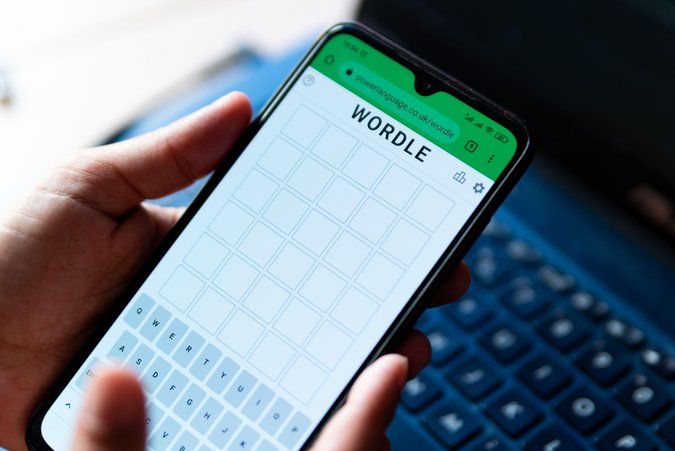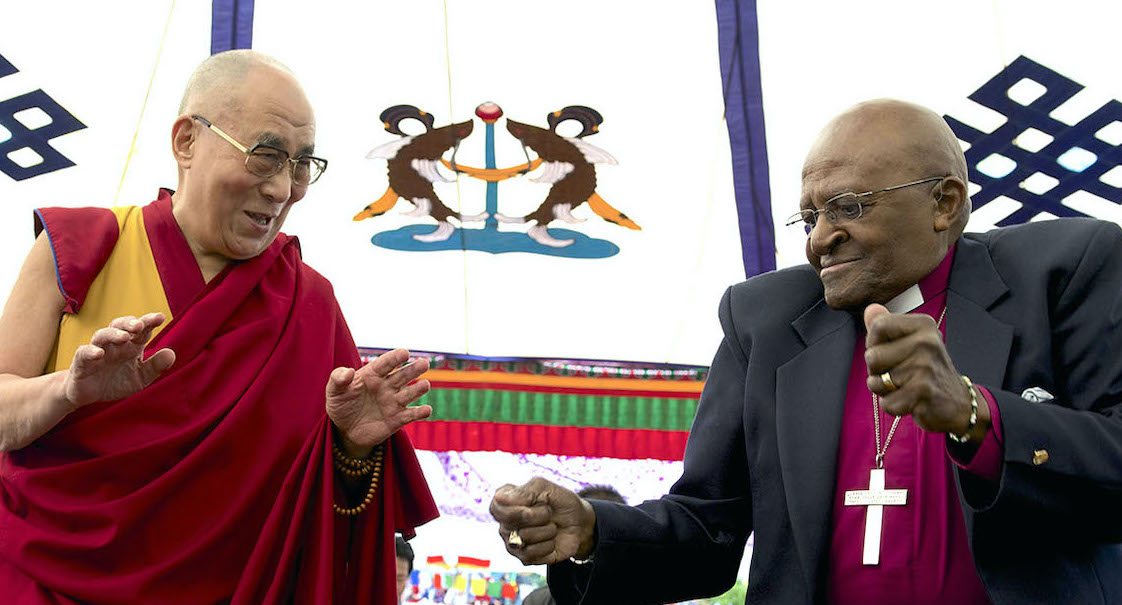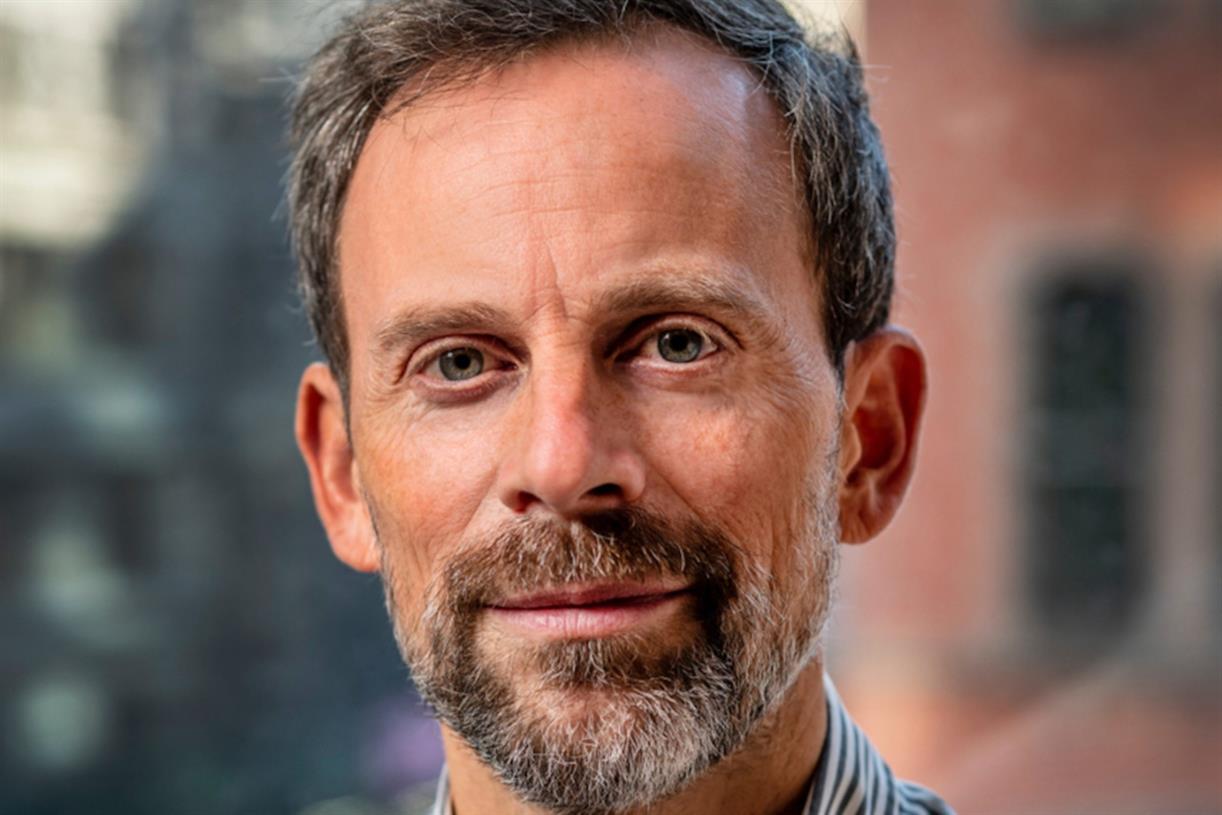Miranda Rights? Wrong! — Dharma Teaching and the Degradation of Tyre Nichols
Pamela Ayo Yetunde looks at how tenets of Buddhism might be applied to understand the suffering of police brutality. The post Miranda Rights? Wrong! — Dharma Teaching and the Degradation of Tyre Nichols appeared first on Lions Roar.

In response to the police killing of Tyre Nichols, an unarmed Black man arrested in Memphis, TN on January 7, Pamela Ayo Yetunde looks at how the tenets of Buddhism might be applied to understand the suffering of police brutality.

As one of many gatherings held across the United States in response to the police killing of Tyre Nichols, a vigil was held at the “Embrace” monument on Boston Common, which features a bronze sculpture honoring Dr. Martin Luther King Jr. and Coretta Scott King. Photo by Leslee.
Unarmed Black man Tyre Nichols was arrested by a group of Black police officers (and one white officer) in Memphis, TN on January 7, 2023, and they intentionally repeatedly used brute force to cause suffering, pain, and misery. It is said that Buddhism, boiled down to its essence, is about understanding the causes of suffering and the end of suffering. Can Buddhism be applied to understand the suffering of police brutality? I think it should. It is said that the bodhisattva vow, boiled down to its essence, is to not turn away from suffering. I think that’s correct.
In sangha and the other ways we learn about Buddhism and teach the dharma, we need to let people know what their rights are, and are not.
On January 7th, according to the videos I saw posted on credible news outlets, unarmed Nichols resisted arrest by an angry mob of officers. He used words, right speech, commenting factually and in a timely manner, even without aggression, that their approach was overly aggressive (my words). He was right. He wanted freedom from suffering. Don’t we all? He ran. That is understandable given they were trying to put him face down on the grown. We’ve seen that move before. They caught him. He wanted safety and said so. He engaged in right speech. Nevertheless, they repeatedly tased him, clubbed him, and savagely beat him with various parts of their bodies including using their whole bodies by stacking their big bodies one on top of the other on top of him while he was on the ground. How could he not experience internal injuries? After they flattened him, they propped his limp body against one of their cars. Like at a public lynching, they were indifferent and numb to his suffering. During what appears to be their absence of empathy, they collectively created and built a narrative that he must have been on drugs. This was the beginning of wrong speech clearly meant to justify their behavior and cohere themselves around one narrative they could tell with consistency. One officer tried to get him to confess that he was on drugs by asking the near lifeless Nichols, “What did you have?” They tried to extract self-incriminating evidence after torturing him. Tyre Nichols died on January 10, and the public was able to view and hear portions of the videos on January 27. I predict that the next several months or longer will involve a police department reorganization, for the number of police and perhaps EMT vehicles at the scene of the crime, their lights illuminating the night sky, demonstrated the probability of a department complicit in the crime of mobbery, brutality, and medical neglect under the cover and color of law. How do Buddhist teachings on Right Speech inform our response to Nichols’ death?
Some may wonder how Nichols could have been tortured and killed like this after the public torture and killing of George Floyd on May 25, 2020 and its aftermath? In Buddhist practice, we learn to identify our delusions and nonjudgmentally abide with our naiveté. There are obviously many reasons why Tyre Nichols was brutally killed by a police mob nearly two years after Floyd was killed, but I want to focus on that question the officer posed to a severely injured unarmed citizen after the officers collectively hypothesized that his initial ability to resist arrest was because of drug use. The question was “What did you have?”
The Fifth Amendment reads:
No person shall be held to answer for a capital, or otherwise infamous crime, unless on a presentment or indictment of a Grand Jury, except in cases arising in the land or naval forces, or in the Militia, when in actual service in time of War or public danger; nor shall any person be subject for the same offense to be twice put in jeopardy of life or limb; nor shall be compelled in any criminal case to be a witness against himself, nor be deprived of life, liberty, or property, without due process of law; nor shall private property be taken for public use, without just compensation.
We know Nichols was deprived of his life, and before he died, they also tried to deprive him of his right to not incriminate himself. This has been a right for 234 years. It is one of the most recognized maxims from the Constitution, as in “I take the Fifth.” or “I plead the Fifth.” The Buddhist teachings on right speech help us understand the values inherent in the Fifth Amendment – truth telling, compassion, and freedom from governmental oppression, but only about 60 years ago did the U.S. Supreme Court in Miranda v. Arizona decide that coerced confessions were inadmissible as evidence because they violate the Fifth Amendment clause to be a witness against oneself. That was the Warren court. Now, we have the Roberts court, and on June 23, 2022, in the Vega v. Tekoh case, as the nation was anticipating the overturning of the Roe v. Wade abortion decision (which happened on June 24) the U. S. Supreme Court decided that there is no such thing as a Miranda right, but a Miranda rule, and as such, if a police officer doesn’t remind you, as you are being arrested, that you have a Fifth Amendment right not to incriminate yourself, then what you say to an officer, if admitted into court, may be used against you. In short, had Nichols answered the question “What did you have?” and lived to have that speech used against him, he probably would have been found guilty of something, the police would have been exonerated, and those suing for Nichols would have failed at winning a civil rights lawsuit. You have to read Vega v. Tekoh for yourself to understand the court’s reasoning.
I hope the diminution of Miranda in Vega v. Tekoh from a right to a rule is cause for concern for freedom-loving and promoting Buddhist practitioners. We say we’re interested in understanding the skillful means for reducing suffering. I liken this aspiration to what Thich Nhat Hanh called the art of living. How will we be artists as authoritarianism rises in the U.S.? The U.S. Supreme Court is interested in balancing the interests between the exercise of individual freedoms and the need for individuals to be protected by law enforcement, but someone has to do the dirty work of oppression, and the police, under the color and cover of law, will be the ones called on to do it.
The right against self-incrimination is slowly disappearing for all U.S. residents. Brutality, pressure, and force are used to extract speech to be used as truth against another. What can we do through the use of a Pedagogy of the Privileged Oppressed to understand how right speech can be practiced to reduce the suffering of oppression?
In sangha and the other ways we learn about Buddhism and teach the dharma, we need to let people know what their rights are, and are not. We need to let people know to never tell the police anything about their activities while they are being arrested. We need to let others know they still have the right to a lawyer, but police officers really don’t have a constitutional duty to tell them that. What folks say about themselves during an arrest is likely to be used against them because in this era of the rise of authoritarianism, Black Lives Matter, calls to defund the police, significantly-decreased police departments and concern across political parties that crime is on the rise, the scales of justice will continued to be weighted toward enforcement.
Tyre Nichols was brutalized by a mob of police officers. In the course of their inhumanity, they tried to coerce him into incriminating himself. That is wrong action by Buddhist standards as well as the standards of democracy and civility. Demoting Miranda from a right to a rule puts us all at jeopardy. Buddhism is about awakening to the causes and conditions that create suffering. If you think police brutality is only something that Black people experience by white officers, think again. George Floyd’s death represented the plight of Black men throughout the history of the U.S. Tyre Nichols death, post Vega v. Tekoh, represents the loss of rights, privileges, and life, under cover and color of law, for us all.
This article was created in collaboration with Buddhist Justice Reporter (BJR), founded by BIPOC Buddhist practitioners in response to the police torture and murder of George Floyd. BJR publishes articles on issues related to environmental, racial, and social justice and its intersections, from an anti-racist Buddhist lens.

 MikeTyes
MikeTyes 































